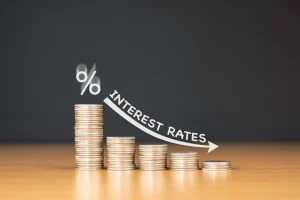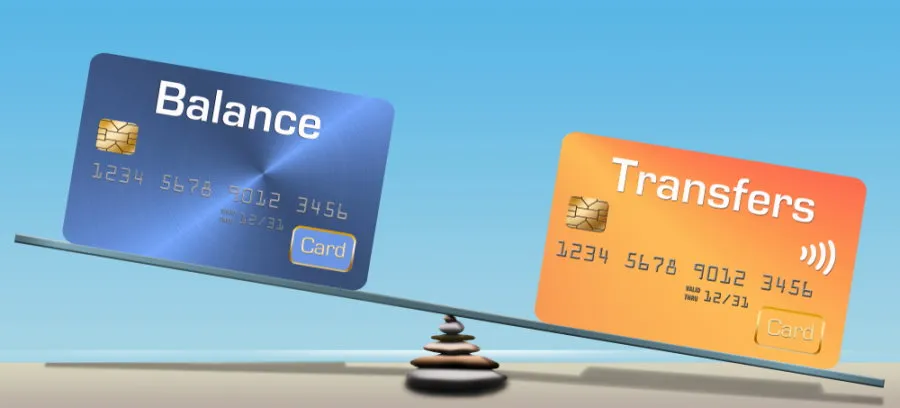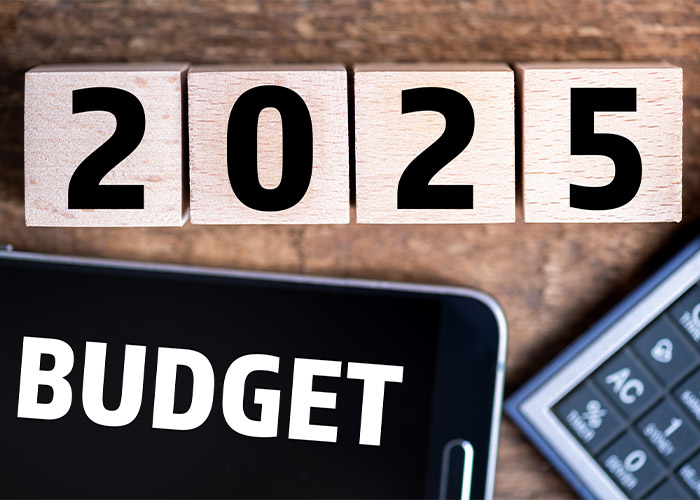Recent research by Money.co.uk has found that 34% of the nation have brought credit card debt into 2021 with them. With the 11th January dubbed as T-Day (Transfer Day), or the day that many of us rush to seek the best balance transfer deals, it’s important to understand how they work and if it could benefit you.
 What is a balance transfer credit card?
What is a balance transfer credit card?
A balance transfer credit card will allow you to take debt from one or more credit cards that you’re paying interest on and move it to another, usually with a small fee, but the new card would offer 0% interest for a set time: usually ranging from 6 – 36 months.
Can a balance transfer credit card help me?
Balance transfers really need to be utilised effectively to reap the benefits. There’s not much point in transferring a balance and paying the minimum each month, you need to be paying more back to ensure the balance is paid before your interest free period ends.
To get an understanding of how long you’ll need the interest free period to be, take your total debt balance and divide it by 12 (or the length of the 0% period offered) and decide if that will be affordable for you. E.g., £2,250 ÷ 12 = £187.50. If you can afford to pay £187.50 per month then it’s likely that this will suit you. If you can’t get a 0% transfer period that will see you pay the debt off before it finishes, you may need to get another 0% transfer card to pay the remainder.
Setting a monthly direct debit for the minimum payment is useful, then you can make an additional payment on top. This will avoid any mishaps with late payments.
Where can I find a balance transfer credit card?
You can approach lenders directly, or use the comparison websites available online such as:
Checking your eligibility for a card before applying is important – being rejected for a card will negatively impact your credit score. Any negative marks on your credit score will make obtaining credit in the future more difficult. Most companies and comparison sites are able to perform a ‘soft search’ to offer an indication of your acceptance.
Continually transferring balances could be a sign of persistent debt, why not speak to us about your situation and see if a debt solution can help? You can use our Online Debt Advice Tool, call us on 01925 599 400 or email info@angeladvance.co.uk


